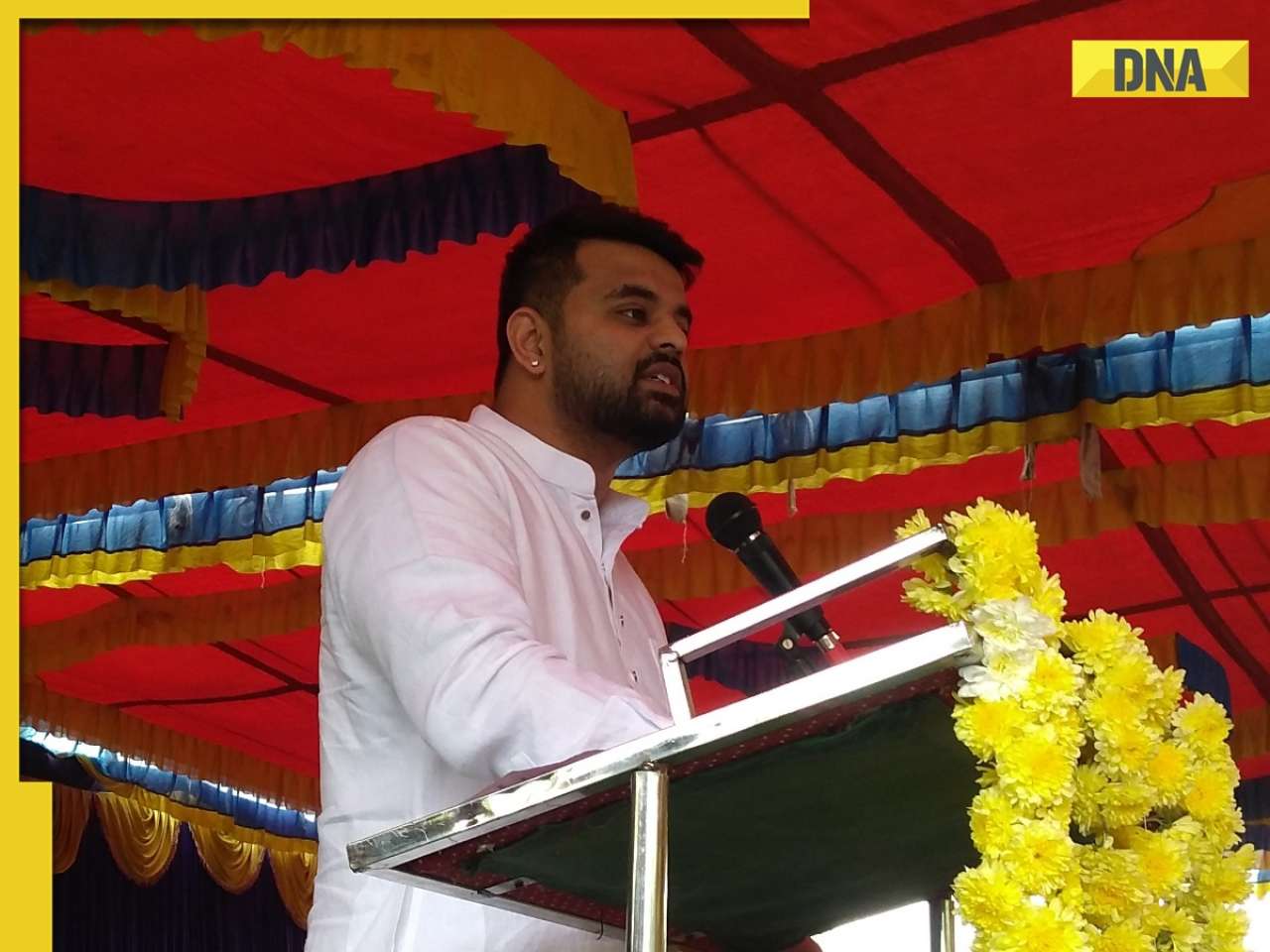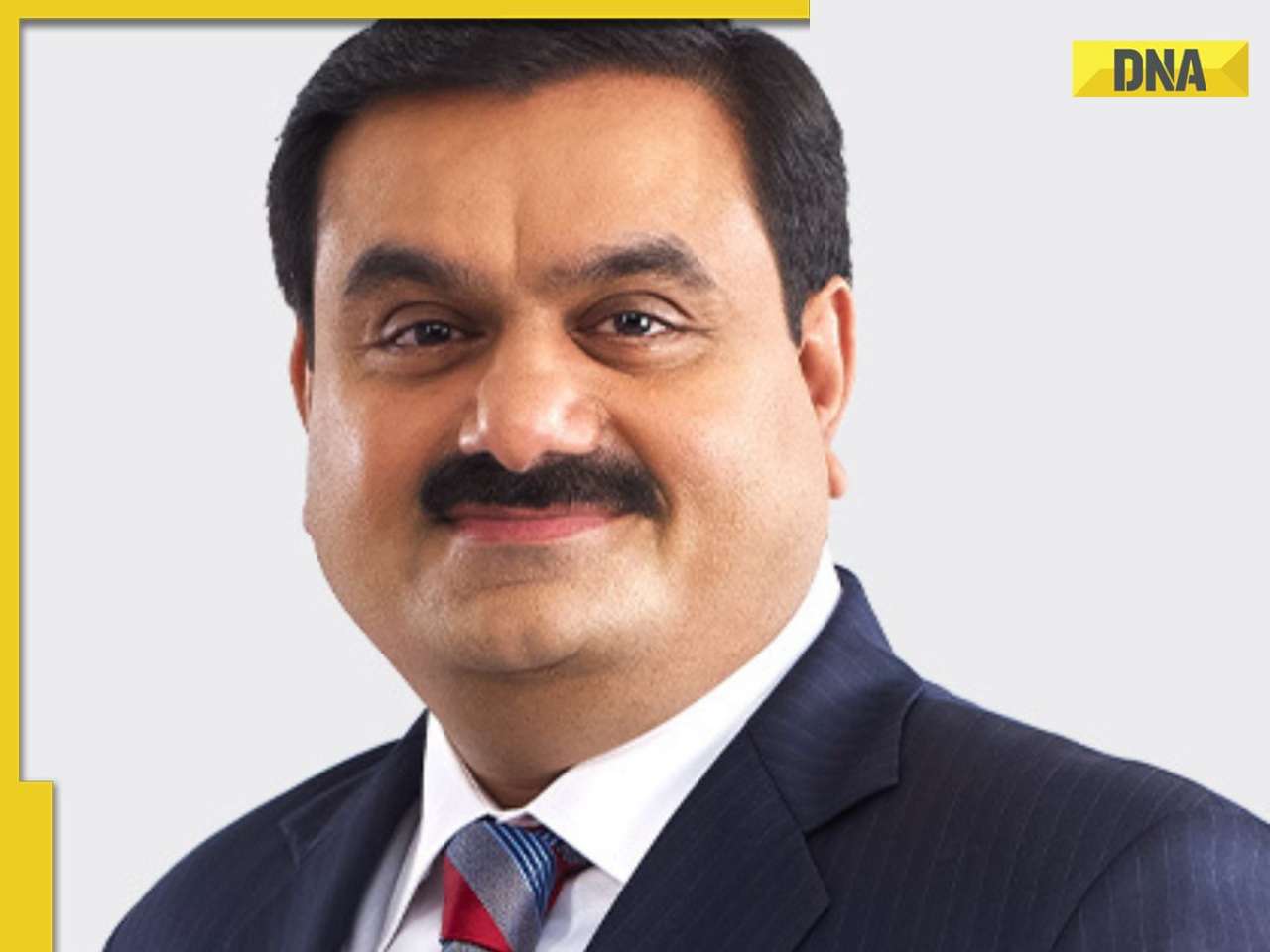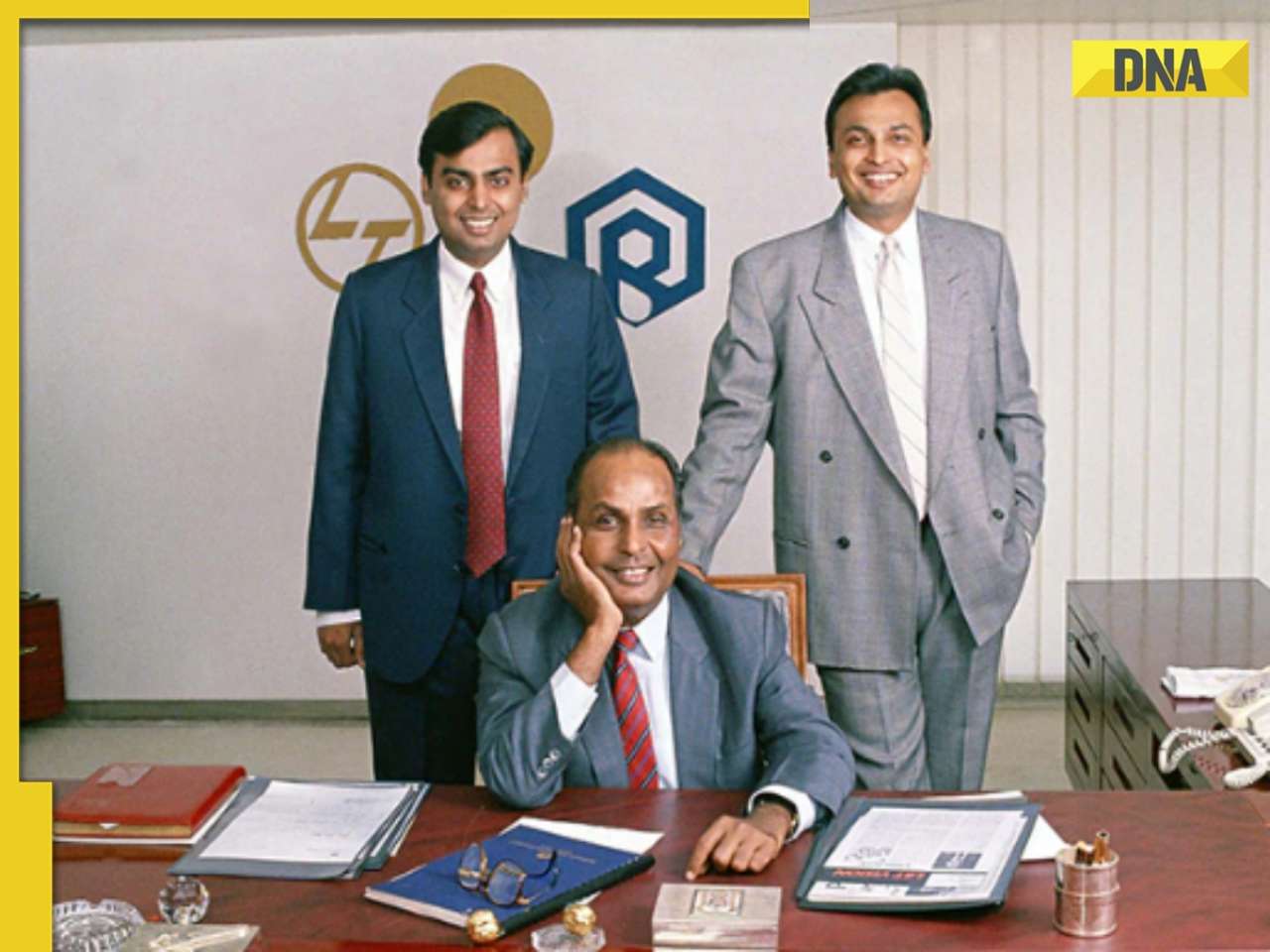The policy proposes that central and state governments would purchase a minimum 25% green vehicles from 2023 and 75% from 2030
After uncertainty on the policy front on electric vehicles, automakers are seeing some clarity over its future with the government unveiling draft automotive policy.
While the government took a U-turn from its earlier position of coming out with an EV-specific policy, the automakers – mainly the ones who have invested in EVs – are now looking forward to meet with different departments in the government for getting some further clarity on the issues.
The draft automotive policy unveiled last week speak of a 'technology agonistic' green mobility road map through evolution of emission and fuel consumption standards, along with incentive plan and related infrastructure investments.
Company insiders DNA Money spoke to said despite the U-turn, the draft policy mandates that EV segment will grow in fleet, public transport and in government departments.
They will now focus on these segments as the demand from passenger car segment will take time till an efficient supporting ecosystem is rolled out.
There has been some uncertainty over the policy with Union transport minister Nitin Gadkari saying a day before the unveiling of the draft auto policy that "there is no need for any policy now (on EVs)".
Sohinder Gill, global CEO, Hero Electric, and a spokesperson for Society of Manufacturers for Electric Vehicles (SMEV), told DNA Money, "From what I can make out from minister Gadkari's recent statement, he was referring to passenger cars and not the two-wheelers, three-wheelers and other public transport vehicles."
The draft auto policy highlights the need for lower import duties on capital goods, equipment and machinery for manufacture of new technology components. The policy proposes that central and state governments would purchase a minimum 25% green vehicles from 2023 and 75% from 2030; and 50% of all vehicles from 2023 and 100% of all vehicles from 2030 procured by municipal corporations in metros.
Mahesh Babu, CEO, Mahindra Electric (earlier Mahindra Reva), said the government-backed Energy Efficiency Services Ltd has announced one of the largest tenders of EVs in the world for 10,000 vehicles.
"The processing of this tender is underway and the resultant adoption can already be noticed. NITI Aayog has also released reports on standards and policies around charging. This was contributing in the formalisation of Bharat Charging Standards." said Babu.
Babu said currently he did not expect any additional policy push. The current support under FAME and special tax structure for EVs should be continued for at least the next two years. FAME, or Faster Adoption and Manufacturing of (Hybrid &) Electric vehicles, is a policy aimed at incentivising all vehicle segments covering hybrid and electric technologies like mild hybrid, strong hybrid, plug in hybrid and battery EV.
"Existing schemes are being implemented on the ground and the resultant increase in EV adoption should start showing in the next 1-2 year time frame" Babu said.
Another senior executive at M&M had earlier said that they have tried to play safe despite investing considerably in the EV segment. After government last year during the GST implementation gave tax incentives to pure EV vis-a-vis to hybrid vehicles, M&M went slow on hybrid cars but did not completely shelve it. "We never closed the other options while investing in EVs. Because one can never be certain with the policies of the government".
A spokesperson at Tata Motors, which in the past year has geared up extensively for EV play, did not comment on the change in government policy, while a Honda Cars India Ltd (HCIL) official said that they are still trying to figure out the ground situation.
Shekar Viswanathan, vice chairman & whole-time director – Toyota Kirloskar Motor, said that the state level EV policies will have a key role to play, as a concerted effort to achieve reduced emissions and fuel imports. "We also recognise that it is the customer who will drive the choice of technology that we will adopt based on his/her needs of travel distance, safety and total cost of ownership." Viswanathan said.
Maruti Suzuki India Ltd chairman R C Bhargava is reported to have said that companies will now have the flexibility to choose a technology they want. "So, if there isn't a policy on electric vehicles, it is not a problem at all," said Bhargava.
Sridhar V, Partner, Grant Thornton India LLP, said, "The draft auto policy has been fairly thought out to put the industry on the path to become the third largest country in the sector. It plans to provide a conducive atmosphere and platform encouraging R&D, facilitating training and skills availability bringing in a socioeconomic approach to development conscious of space and environment. Green ability is the core."
GREEN RIDE
- The policy proposes that central and state governments would purchase a minimum 25% green vehicles from 2023 and 75% from 2030
- About 50% of all vehicles from 2023 and 100% of all vehicles from 2030 procured by municipal corporations would be green.
![submenu-img]() Meet India's highest paid director, charges 30 times more than his stars; not Hirani, Rohit Shetty, Atlee, Karan Johar
Meet India's highest paid director, charges 30 times more than his stars; not Hirani, Rohit Shetty, Atlee, Karan Johar![submenu-img]() Indian government issues warning for Google users, sensitive information can be leaked if…
Indian government issues warning for Google users, sensitive information can be leaked if…![submenu-img]() Prajwal Revanna Sex Scandal Case: Several women left home amid fear after clips surfaced, claims report
Prajwal Revanna Sex Scandal Case: Several women left home amid fear after clips surfaced, claims report![submenu-img]() Meet man who studied at IIT, IIM, started his own company, now serving 20-year jail term for…
Meet man who studied at IIT, IIM, started his own company, now serving 20-year jail term for…![submenu-img]() Gautam Adani’s project likely to get Rs 170000000000 push from SBI, making India’s largest…
Gautam Adani’s project likely to get Rs 170000000000 push from SBI, making India’s largest…![submenu-img]() DNA Verified: Is CAA an anti-Muslim law? Centre terms news report as 'misleading'
DNA Verified: Is CAA an anti-Muslim law? Centre terms news report as 'misleading'![submenu-img]() DNA Verified: Lok Sabha Elections 2024 to be held on April 19? Know truth behind viral message
DNA Verified: Lok Sabha Elections 2024 to be held on April 19? Know truth behind viral message![submenu-img]() DNA Verified: Modi govt giving students free laptops under 'One Student One Laptop' scheme? Know truth here
DNA Verified: Modi govt giving students free laptops under 'One Student One Laptop' scheme? Know truth here![submenu-img]() DNA Verified: Shah Rukh Khan denies reports of his role in release of India's naval officers from Qatar
DNA Verified: Shah Rukh Khan denies reports of his role in release of India's naval officers from Qatar![submenu-img]() DNA Verified: Is govt providing Rs 1.6 lakh benefit to girls under PM Ladli Laxmi Yojana? Know truth
DNA Verified: Is govt providing Rs 1.6 lakh benefit to girls under PM Ladli Laxmi Yojana? Know truth![submenu-img]() Jr NTR-Lakshmi Pranathi's 13th wedding anniversary: Here's how strangers became soulmates
Jr NTR-Lakshmi Pranathi's 13th wedding anniversary: Here's how strangers became soulmates![submenu-img]() Streaming This Week: Heeramandi, Shaitaan, Manjummel Boys, latest OTT releases to binge-watch
Streaming This Week: Heeramandi, Shaitaan, Manjummel Boys, latest OTT releases to binge-watch![submenu-img]() Remember Ayesha Kapur? Michelle from Black, here's how actress, nutrition coach, entrepreneur looks after 19 years
Remember Ayesha Kapur? Michelle from Black, here's how actress, nutrition coach, entrepreneur looks after 19 years![submenu-img]() Remember Heyy Babyy's cute 'Angel' Juanna Sanghvi? 20 year-old looks unrecognisable now, fans say 'her comeback will...'
Remember Heyy Babyy's cute 'Angel' Juanna Sanghvi? 20 year-old looks unrecognisable now, fans say 'her comeback will...'![submenu-img]() In pics: Arti Singh stuns in red lehenga as she ties the knot with beau Dipak Chauhan in dreamy wedding
In pics: Arti Singh stuns in red lehenga as she ties the knot with beau Dipak Chauhan in dreamy wedding![submenu-img]() DNA Explainer: Why Harvey Weinstein's rape conviction was overturned, will beleaguered Hollywood mogul get out of jail?
DNA Explainer: Why Harvey Weinstein's rape conviction was overturned, will beleaguered Hollywood mogul get out of jail?![submenu-img]() What is inheritance tax?
What is inheritance tax?![submenu-img]() DNA Explainer: What is cloud seeding which is blamed for wreaking havoc in Dubai?
DNA Explainer: What is cloud seeding which is blamed for wreaking havoc in Dubai?![submenu-img]() DNA Explainer: What is Israel's Arrow-3 defence system used to intercept Iran's missile attack?
DNA Explainer: What is Israel's Arrow-3 defence system used to intercept Iran's missile attack?![submenu-img]() DNA Explainer: How Iranian projectiles failed to breach iron-clad Israeli air defence
DNA Explainer: How Iranian projectiles failed to breach iron-clad Israeli air defence![submenu-img]() Meet India's highest paid director, charges 30 times more than his stars; not Hirani, Rohit Shetty, Atlee, Karan Johar
Meet India's highest paid director, charges 30 times more than his stars; not Hirani, Rohit Shetty, Atlee, Karan Johar![submenu-img]() This superstar worked as clerk, was banned from wearing black, received death threats; later became India's most...
This superstar worked as clerk, was banned from wearing black, received death threats; later became India's most...![submenu-img]() Karan Johar slams comic for mocking him, bashes reality show for 'disrespecting' him: 'When your own industry...'
Karan Johar slams comic for mocking him, bashes reality show for 'disrespecting' him: 'When your own industry...'![submenu-img]() Kapoor family's forgotten hero, highest paid actor, gave more hits than Raj Kapoor, Ranbir, never called star because...
Kapoor family's forgotten hero, highest paid actor, gave more hits than Raj Kapoor, Ranbir, never called star because...![submenu-img]() Meet actress who lost stardom after getting pregnant at 15, husband cheated on her, she sold candles for living, now...
Meet actress who lost stardom after getting pregnant at 15, husband cheated on her, she sold candles for living, now...![submenu-img]() IPL 2024: Kolkata Knight Riders take top spot after 98 runs win over Lucknow Super Giants
IPL 2024: Kolkata Knight Riders take top spot after 98 runs win over Lucknow Super Giants![submenu-img]() ICC Women’s T20 World Cup 2024 schedule announced; India to face Pakistan on....
ICC Women’s T20 World Cup 2024 schedule announced; India to face Pakistan on....![submenu-img]() IPL 2024: Bowlers dominate as CSK beat PBKS by 28 runs
IPL 2024: Bowlers dominate as CSK beat PBKS by 28 runs![submenu-img]() IPL 2024: Big blow to CSK as star pacer returns home due to...
IPL 2024: Big blow to CSK as star pacer returns home due to...![submenu-img]() SRH vs MI IPL 2024: Predicted playing XI, live streaming details, weather and pitch report
SRH vs MI IPL 2024: Predicted playing XI, live streaming details, weather and pitch report![submenu-img]() Job applicant offers to pay Rs 40000 to Bengaluru startup founder, here's what happened next
Job applicant offers to pay Rs 40000 to Bengaluru startup founder, here's what happened next![submenu-img]() Viral video: Family fearlessly conducts puja with live black cobra, internet reacts
Viral video: Family fearlessly conducts puja with live black cobra, internet reacts![submenu-img]() Woman demands Rs 50 lakh after receiving chicken instead of paneer
Woman demands Rs 50 lakh after receiving chicken instead of paneer![submenu-img]() Who is Manahel al-Otaibi, Saudi women's rights activist jailed for 11 years over clothing choices?
Who is Manahel al-Otaibi, Saudi women's rights activist jailed for 11 years over clothing choices?![submenu-img]() In candid rapid fire, Rahul Gandhi reveals why white T-shirts are his signature attire, watch
In candid rapid fire, Rahul Gandhi reveals why white T-shirts are his signature attire, watch







































)

















)
)
)
)
)
)